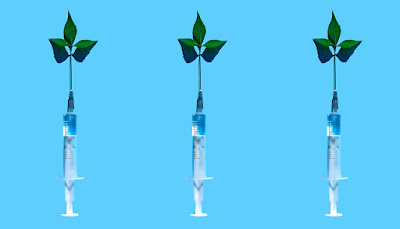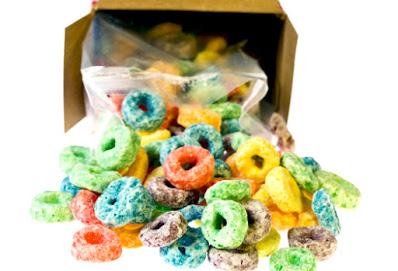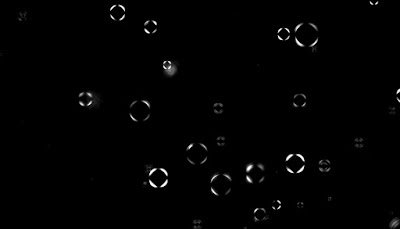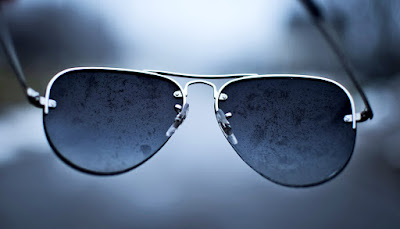‘NATURAL’ PRODUCT BIAS MAY APPLY TO COVID VACCINE
New research shows customers highly prefer "all-natural," not artificial, items to prevent conditions. Could this put on a future COVID-19 injection?
bermain judi slot online terdapat banyak
"Vaccines are practically a therapy to prevent an condition," says Sydney Scott, aide teacher of marketing at Olin Business Institution at Washington College in St. Louis. "Moreover, vaccines are abnormal insofar as people produce and change them. Some individuals decline vaccines as a preventative measure, choosing not to ‘interfere with nature.'"
As the globe anxiously waits for a COVID-19 injection, however, perhaps customers will view it as a curative for a social problem, Scott says.
"Our research recommends that if customers view a injection more such as a curative to the epidemic, instead compared to as a preventative for the self, they'll be more responsive towards it."
Scott, a professional in customer habits and decision-making, is lead writer of a short article in the Journal of Customer Research.
‘NATURAL' PRODUCTS
Customers think that all-natural items are safer and much less powerful compared to artificial options, the research discovers. And they treatment more about safety and much less about strength when they're attempting to prevent problems.
"This research sheds light on when the marketing of ‘natural' is most attractive to customers," Scott says.
Customers often prefer all-natural variations of foods, medications, personal-care items, and home items, inning accordance with the paper. "All-natural" isn't a lawfully specified and controlled call, but consumers' meaning is that an item has no ingredients which people have not tampered with it.
"This choice for all-natural is an progressively important chauffeur of consumers' choices," Scott says.
Sometimes, however, customers desert their choice for all-natural. For instance, individuals commonly approve insulin, prescription anti-biotics, cortisone lotions, and artificial discolor removers, although they are obviously abnormal, inning accordance with the paper. "Thus, anecdotally, the choice for all-natural items impends bigger in some circumstances compared to in others."
CONSUMER PREFERENCE TESTS
The scientists concentrated on the connection in between consumers' judgments about naturalness and their ideas about 2 important attributes—safety and strength. They analyzed when customers prefer all-natural most highly and why the variance in choice for all-natural occurs.
"Customers commonly desire all-natural items, but not constantly to the same level," Scott says.
Scott and coauthors Paul Rozin and Deborah Small, both at the College of Pennsylvania, provided 7 studies. The outcomes of one show that customers more highly prefer the exact same all-natural item when preventing an condition compared to when treating it. Outcomes of another show customers look for and choose all-natural items to prevent versus treat chilly signs.
Another, which analyzed consumers' records about their health and wellness choices over a year, suggests customers focus on naturalness in their preventative therapies greater than in their curative therapies. And another revealed that when customers thought all-natural items were riskier and more powerful compared to artificial items, they preferred all-natural items for treating.
HOW DOES THIS APPLY TO A COVID-19 VACCINE?
The research was developed with a concentrate on people production choices on their own amongst several therapy options (some all-natural, some artificial). But the development of the COVID-19 pandemic increases important questions about the implications—and future directions—of their research.
For circumstances, the writers asked, do pandemics cause a macro-level variation of a curative frame of mind?
"In various other words, culture may conclude that there currently exists a problem—a extensive ailment—that needs to be treated, thereby putting more importance on strength about safety," they write.
Relatedly, customer approval of a avoidance for pandemics and upsurges may be affected by the: contagiousness of an illness, seriousness of an illness, scarcity of therapy options, and uniqueness of and lack of knowledge about the risk. And each might have downstream repercussions on safety/strength tradeoffs customers are prepared to earn.
"Our research recommends that, all else equal, all-natural items are most popular when they are used for preventative purposes," write the writers.



